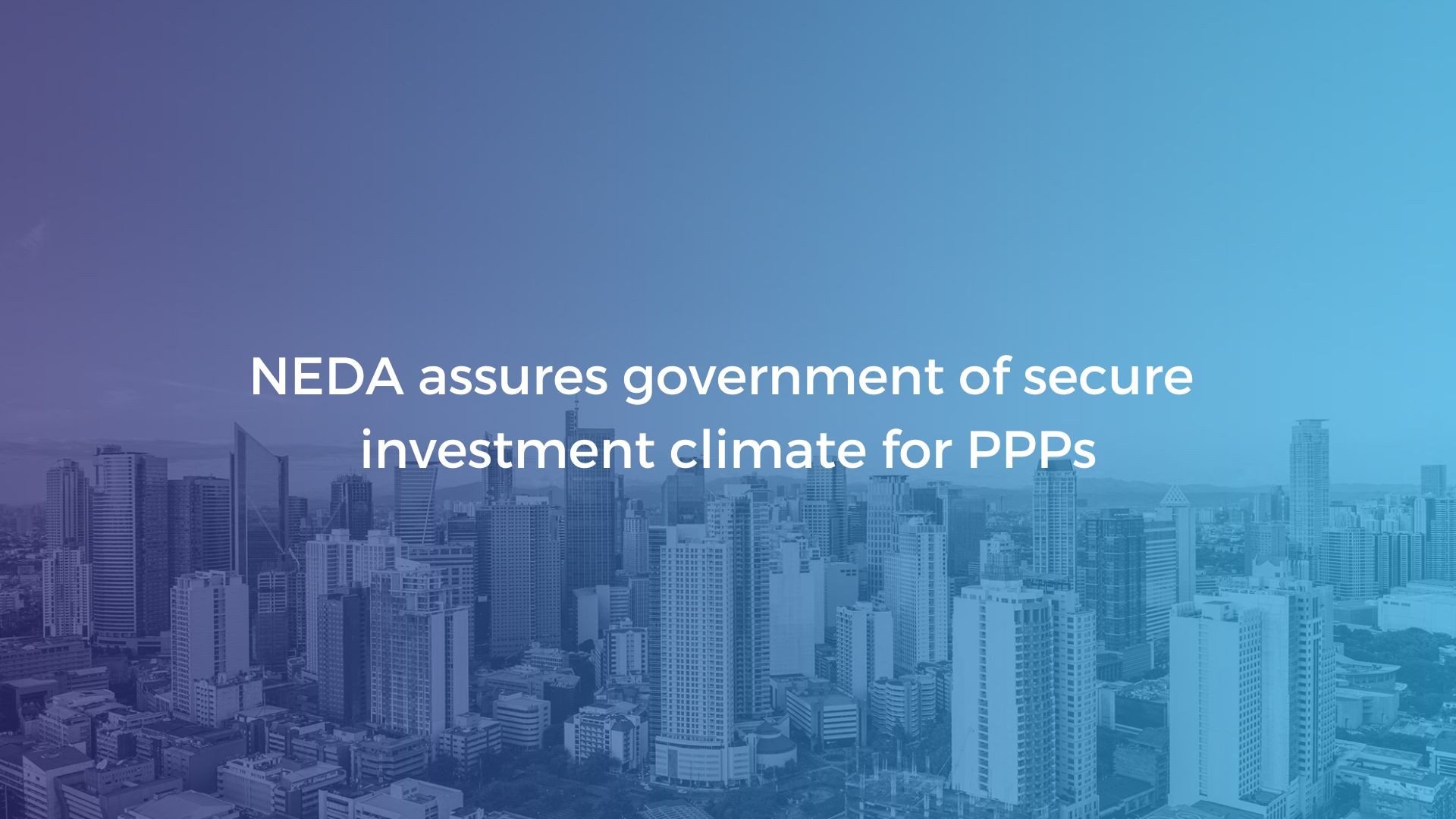
MANILA, Philippines — As the government is banking on the private sector to help drive the country’s economic growth, the National Economic and Development Authority (NEDA) vowed to promote a more secure investment climate for public-private partnership (PPP) projects.
“We assure the private sector the investment climate for PPP projects will be made more secure as we balance the objectives of both the public and private sector,” Socioeconomic Planning Secretary Arsenio Balisacan said during the European Chamber of Commerce of the Philippines’ webinar yesterday.
In line with the push for PPPs, a cabinet-level committee chaired by the NEDA and co-chaired by the Department of Finance, approved the revised Build-Operate-Transfer (BOT) law’s implementing rules and regulations (IRR) last Thursday.
“NEDA plans to publish the revised IRR in the last week of September,” Balisacan said.
The amendments to the BOT law IRR are based on comments from stakeholders on the revised rules approved earlier this year.
In particular, the amendments seek to address stakeholder concerns on the financial viability and bankability of PPP projects, as well as clarify the ambiguous provisions that may lead to delays in the PPP process.
Given the country’s fiscal bind, Balisacan said the government sees the private sector playing an indispensable role in achieving the administration’s goal of job creation and poverty reduction, as well as enhancing productivity and promoting innovation.
“As we navigate the Philippines’ path to economic recovery over the next six years, the NEDA sees the private sector as the country’s engine for growth,” he said.
He said PPPs would be used to address binding constraints to more and higher quality jobs in both present and future growth drivers such as manufacturing, tourism, information technology – business process outsourcing, and creative sectors.
“PPPs will be harnessed to address the country’s energy, logistics, transportation, information technology and water infrastructure,” he said, adding these have been identified as affecting investor sentiment.
As of June 30, there are 71 PPP projects in the pipeline in various sectors such as physical connectivity, property development, water and sanitation, solid waste management, health, tourism, agriculture and food security, power and digital connectivity.
Aside from infrastructure development, Balisacan said the government wants to increase opportunities for trade and investments.
“We shall push for the ratification of the Regional Comprehensive Economic Partnership or RCEP and supplement this with aggressive exploration and facilitation of bilateral and regional free trade agreements,” he said.
The government also aims to ensure the proper implementation of economic reforms approved during the previous administration.
“Through the amended Retail Trade Liberalization Act, Foreign Investments Act, and Public Service Act, which will work in combination with the CREATE (Corporate Recovery and Tax Incentives for Enterprises) law, the country is well-positioned to be an attractive destination for investments in key sectors,” Balisacan said.